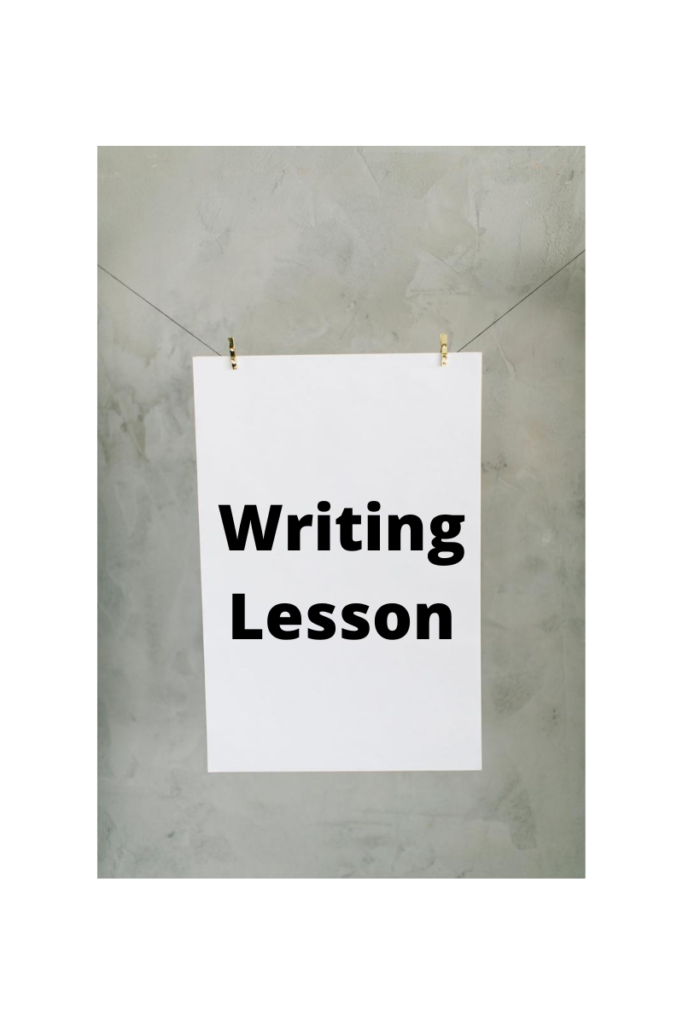
Like a good chunk of America, I have used Animal Crossing to help me get through this strange dystopian novel that we are currently living in.
As I play the game, I can’t help but notice one glaring issue with the game: some characters say the exact same thing as other characters.
For example, if Judy (yes, I got the coveted Judy) cheerfully tells me how seeing me brightens her day, there is a good chance that Ankha will say the exact same dialogue. Word for word.
In Animal Crossing’s defense, this only happens with characters who are the same personality type (the game has eight different types that range from Peppy to Cranky), but it is really disheartening to hear two different characters parrot each other.
I could easily go down the road of the danger of making characters cliches and stereotypes, but that’s not the lesson for today.
No, I want to encourage you to not make your characters sound the same.
Of course you aren’t going to have your characters say the exact same thing like they do in Animal Crossing. (The only time this is cool is if you are Princess Leia and Han Solo just said he loved you. Then you can totally say, “I know” back.)
I’m talking about when characters who are completely different talk in a similar way. Most likely, you have characters with a range of backgrounds, education levels, and life experiences. A teenage girl isn’t going to speak in the same way as an elderly man.
Yet I see so many writers have radically different characters use the same type of language, sentence structure, and speech patterns.
The goal is this: if I got to a section of your book without dialogue attribution (something you should definitely have in moderation), I should still be able to tell who is speaking because each character has such a unique and strong voice.
How do you make sure your characters don’t sound the same?
Well, you can read your book out loud to see if they sound different.
And I think that will help a bit, but I think the root problem is that you don’t know your characters well enough.
How do you do that?
Well, you can interview them. You can write stream-of-consciousness from their perspective. You can pull a Spice Girls and ask them about what they want, what they really, really want.
To be honest, I think getting to know characters is something that often just takes time. Just as it takes a minute to get to know people in your life, it takes time to get to know your characters. Sometimes it takes a whole draft to finally understand them.
But the key is: once you do, go back and edit the dialogue to make sure the voice is correct.
Do you need help knowing if you’ve nailed your characters’ dialogue? Need help making sure their voices are distinct? We are happy to help by providing another set of eyes!
We promise we will remove any dialogue that says how great Tom Nook is. Because that guy is evil.
